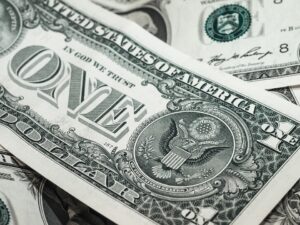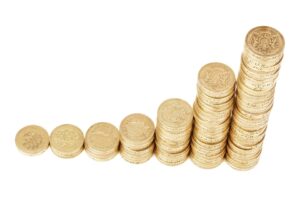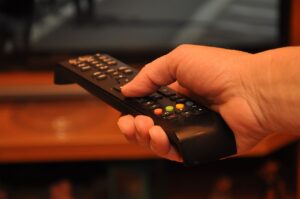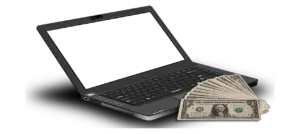how to make money from google classroom
Google Classroom is a free web-based platform from Google that allows teachers to manage student learning. There are a few ways to potentially make money from Google Classroom by creating and selling courses, tutoring, and consulting. But did you know that you can also make money with Google Classroom? In … Read more










